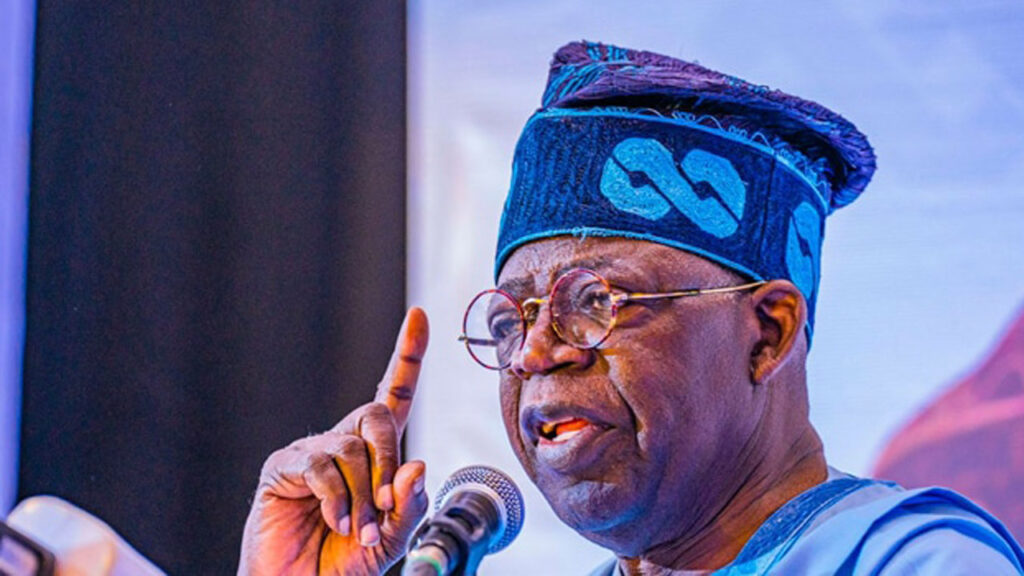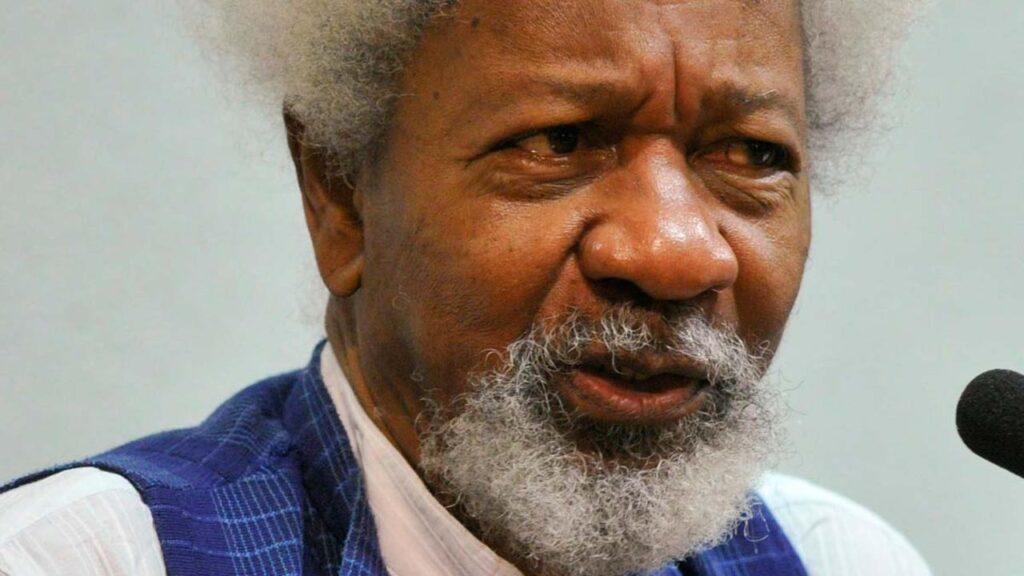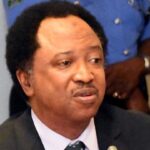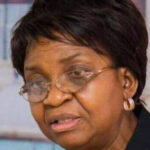
Despite its influence on the African continent, Nigeria has lately been a bystander in international power politics, and that explains why some countries are riding roughshod over Nigerian citizens in breach of diplomatic protocols. But should the current administration desire a change of narrative, stakeholders said it begins with getting it right at home, Ngozi Egenuka reports
Since independence, Nigeria has played a dominant role on the African continent. Quite outstanding was the country’s soaring global perception, especially during the military era.
One of such finest hours of Nigeria in the diplomatic community was the Muhammed/Obasanjo era. Though General Murtala Muhammed’s tenure was short-lived (and succeeded by General Olusegun Obasanjo), his legacy on foreign policy was landmark. Notably, the period covering 1975 to 1979 marked the formal articulation of Nigeria’s foreign policy, and its focus on Africa as a continent that has come of age!
Political experts opined that Nigeria became the “Giant of Africa” during this period. For instance, the administration contributed to the decolonisation in Africa, especially in Angola, Zimbabwe, and South Africa. Many reviews have also concluded that the foreign policy of that era was the best since independence.
However, it is obvious that Nigeria is declining progressively on what its foreign policy reflects, considering that nine post-Muhummed/Obasanjo administrations have not been as prominent.
With Nigeria now missing in major economic alliances like BRICS and G20 that it should traditionally belong given its potential, it is getting clearer that Nigeria needs to review its foreign policy.
Foreign policy without focus, plan
The foreign policy under President Muhammadu Buhari produced little or no results. According to a Nigerian Diplomat, Bola Akinterinwa, foreign policy under Buhari lacked strategic focus.
“This is evidenced in how Nigerian citizens are being badly treated globally, even by fellow African countries. Incidents reported in countries like South Africa, Dubai and America testify to this.
“During the Muhammed/Obasanjo regime, Nigeria was a force. She held her ground on a number of issues of national and African interest and the western world and international organisations had no choice but to succumb. However, this can no longer be said about the country. All over the news, we see stories of restrictions by other nations on Nigerians,” he said.
The role of agenda setting in how Nigeria is seen has already been faulted with the absence of foreign policy plan at the last electioneering campaigns.
Even President Bola Tinubu did not disclose his foreign policy agenda, if there is any. How then can the country begin to reset and reshape its image in the global community, as it suffers a declining prowess in the face of corruption, poverty and economic decline, insecurity, and other challenges?
 Bola Akinterinwa
Bola Akinterinwa
But as the country enters a new administration, stakeholders reckon that it’s time for Nigeria to stand up for good recognition in the international system.
Professor of Political Science, Lagos State University, Kayode Soremekun, however, said that foreign policy hardly features in manifestos, as it is an elitist preoccupation, but when a government gets into power, it has to contend with the reality of relating to the world and vice versa.
He said: “In a poor country where people are still trying to look for means of survival, if any serious politician wants to effect a connection between himself and the populace, the tendency is that he will consign foreign policy to the peripheral position.
“To that extent, if you look through all the preferred manifestos of the political parties, including that of Tinubu, nothing was said of foreign policy in a direct sense,” he pointed out.
Buttressing his thoughts, a research professor at the Nigerian Institute of International Affairs (NIIA), Femi Otubanjo, said foreign policy is assumed to be a secondary interest for the majority of citizens, so presidential aspirants focus on primary issues.
He added that the NIIA invited the major candidates to give a view on what they understand to be Nigeria’s foreign policy needs and how it could be addressed, but only the Social Democratic Party (SDP) candidate honoured the invitation.
He said: “The theme of our foreign policy should not be just an attempt to sound sophisticated or pretend that the nation is far more important than all nations. We need to bear in mind that our image would be gradually restored so the foreign policy should seek to restore or rather rebuild the broken walls with emphasis on internal structuring, which would in turn reflect on international communities.
“For instance, Nigeria’s sluggish response to her people in the Diaspora during emergencies has been a bad perception shaper, but what is to be expected from a country that doesn’t have its act together even at a domestic level? Indeed there is a lot of work to be done for Nigeria to be the standard in West Africa, Africa, or the globe.”
Charity begins from home
Experts are unanimous that the foreign policy interest of the incoming administration should focus on tackling domestic issues, especially insecurity and industrial growth.
They stressed the need to strengthen the way Nigeria is perceived because the international community treats its citizens with disregard.
Otubanjo advised that the foreign policy of the new administration should border on tackling issues of insecurity by using diplomacy to put an end to the invasion of Nigeria by foreigners, which has affected the nation’s economy.
According to him, foreigners threaten Nigeria’s security. The jihadists and terrorists, he noted, all come from outside Nigeria.
“Perhaps, the Boko Haram is home-based but Nigerians, who have been unfortunately victimised by those lots, will tell you that their assailants are not indigenes. So, the new administration must use diplomacy to put an end to the invasion of Nigeria by foreigners. There were rumours making the rounds that Turkey was supplying weapons to the Boko Haram terrorists. The new administration should engage in a dialogue with these alleged sponsors.
“The instability in our country has negative repercussions on the economy. People can no longer access their farms in some Northeast areas. Our people are being deprived of their livelihood leading to an internal refugee situation. Those areas deeply affected by the insecurity issues have inestimable mineral resources that are being extorted by the bandits.
“Banditry is being fuelled by their access to those resources that they plunder. We need to engage our immediate neighbours and decide how we would rid this scourge of terrorism and banditry,” he stated.
Soremekun explained that foreign policy must be practical with a focus on domestic development, by seeking assistance from countries that can help the nation advance its petrochemical and steel industry.
He said: “The foreign policy agenda should be given a practical and functional bench because the country has continue to fail in certain areas at the domestic level. There are serious gaps to be filled in this country and because of these omissions, Nigeria should relate to the world in a way that those gaps can be filled.
“If this country wants to develop, we should look for countries that can help us in petrochemicals and the steel industries because if we do not develop along these two lines, we would remain a country of importers and the moment you perennially and pervasively import, that means that the fate of the naira continues to be imperiled.
“People keep talking about forex, not knowing that because the structure of our economy is hinged on importation, to a large extent, forex will continue to be problematic.”
For Senior Lecturer, Department of History and Strategic Studies, Faculty of Arts, University of Lagos, Friday Aworawo, foreign policy should be determined by three fundamental things: domestic issues, national interest, and configuration of the international system.
He urged Tinubu to look at Nigeria’s commitment to regional organisations like ECOWAS, AU and UN as the perception of people at home is a reflection of the way one is projected or perceived outside.
He stated that if Nigeria takes its citizens seriously, others would surely take them seriously. “The second one speaks to Nigeria projecting democratic values. Nigeria can strengthen this through the instrumentality of the ECOWAS such that the nation’s position becomes the utmost in West Africa.
“The third is related to security, as a major concern is terrorism. The nation can strengthen its cooperation with other regional blocs and use its weight to regulate the level of instability in the continent. Nigeria should determine what it wants and seek other nations as development partners,” he added.
Quality of representation
Even our ambassadorial system is a reflection of the internal struggle the nation is experiencing. To get things right, even the ambassadors need to be seen and sent out indeed as people representing the nation. The era of lack of proper funds and welfare of ambassadors needs to end, if the nation intends to make a mark on its global perception.
For Soremekun and Otubanjo, the best way to decide on ambassadorial positions is to have selections based on merit and efficiency as against favouritism.
Otubanjo noted that political ambassadors are usually given the most important posting as against career ambassadors.
“The unfortunate thing is that those who come in politically, tend to have the most important postings, where a great deal of technical expertise is needed to wave through the network of influence and decision-making.
“So, selection should be based on efficiency and meritocracy, not favouritism. The problem in the selection process is that naive and unqualified persons are the ones with the upper hand due to favouritism and nepotism. And many of them do not have the language of diplomacy, thus when they speak, they are looked at with contempt. More so, we do not count our losses in our country, we are used to waste,” he said.
Soremekun, however, called for balance in making appointments, adding that there are some very important countries where the president should not subject appointments to political considerations, but send competent people whether political or career ambassadors.













